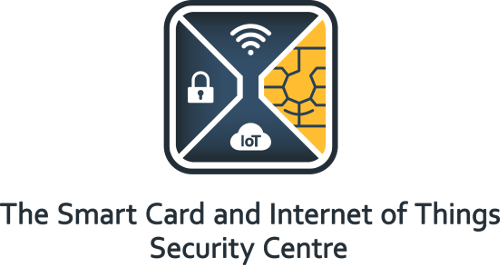
Danushka Jayasinghe’s first degree was in Computer Networking from the University of Greenwich and he also holds a BTEC HND in Network Engineering and Telecommunication Systems. He completed his MSc in Information Security (with Distinction) at the ISG, Royal Holloway, University of London in 2013. He joined the Smart Card Centre to follow a PhD under the supervision of Professor Konstantinos Markantonakis. His research interests are on modern electronic payment systems with the consideration of security, privacy and efficiency of the underlying payment protocols and platforms. He is also interested in alternative payment schemes other than conventional card-based payment methods including digital cash and anonymous & fair-exchange payment protocols.
Room: 152 Founders West – Tel: 01784 414939
E-mail: danushka.jayasinghe.2012@live.rhul.ac.uk
Dan describes his research:
My recent research was mainly focused on EMV Tokenisation and Blockchain Technology. The current architecture specified in EMV tokenisation requires online connectivity during transactions. However, this is not always possible. I investigated the potential of having fully offline tokenised transactions for both consumers and merchants. In order to provide such capability while retaining the security, I proposed an offline contactless mobile payment protocol. The protocol was mechanically formally verified using Scyther and implemented to obtain performance measurements. Researching further on EMV tokenisation, I identified two problem areas that raise concerns about the security of tokenised payments and five associated attack scenarios. I proposed a solution that uses a new dynamic token and a token cryptogram that enhance the security of tokenised contactless mobile payments. The protocol was verified using Scyther. My research on blockchain technology includes an attempt to leverage this technology in the philanthropic sector in order to provide donation services. I first attempted to identify main challenges in the current philanthropic model and proposed a new philanthropic model that addresses the identified challenges. The architecture of the proposed scheme includes a donation platform that lets a donor donate using either Bitcoin or fiat currency, and a SMS based mobile payment system for provisioning donations which can also be used by the beneficiaries in a challenging environment to carry out their day-to-day transactions.






